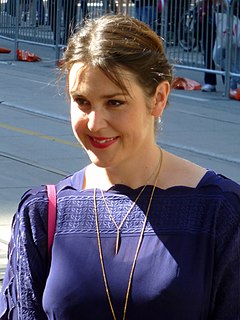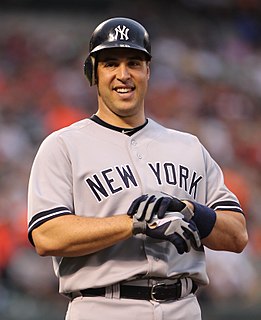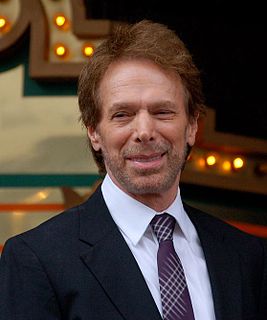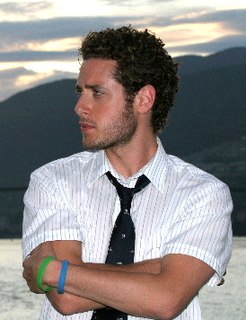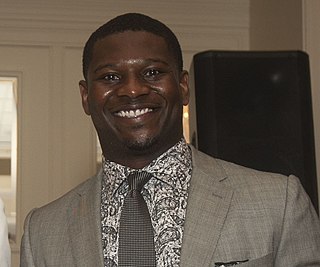A Quote by Mary Ellen Mark
I go into every story thinking I'm going to fail. I think about that all the time - I think it's going to be terrible. Every story is like the first I've ever done.
Related Quotes
Thinking about making a love story without music was really frightening, Sciamma admitted. Because every love story we know, we think about 'Titanic' we think about the music, we think about 'Gone with the Wind' we think about the music, we think about 'E.T.' we think about the music, and every love story has its own tune, 'That's our song.'
Every time you do a true story - and I've done a few - you have to look in the mirror and say, 'That's close enough. I'm comfortable with this.' You're always going to compress time; you're going to change the order of things. But I don't think you want to tell a big lie. You want to think that you're embracing the truth.
You're in a movie, so you have to think about how something plays. It's not like you're thinking about how an audience is going to react. You're trying to present the story. You're trying to illuminate the lives of these people in the story. So I'm thinking about how my behavior as this character best illuminates what's going on with them in this moment in time. I always say it's sort of the director's job. People think that the directors direct actors. No. Really, what the director's doing is directing the audience's eye through the film.
Before I studied story, I was trying to write a novel, and it was terrible. It wasn't going anywhere, and I couldn't figure out what I was trying to do. It was really hard; much harder than I thought it was going to be. Now that I've studied story, I think I'd have a different approach and maybe I could actually get it done.
I feel like any actor should always be thinking about how to serve the story. The thing to be cautious of is trying to make too much of your "moment," or whatever. The story is a lot bigger than you, and you're there to help it along. The thing to think about is whether what you're doing is true to the moment and where the story's going, rather than going, "Here are my scenes. What can I try and do to make the most of them?"
One thing that I've realized is that you're never going to be 100 percent successful. You're always going to be let down. When you have God in your life and you follow Christ, you're never going to be let down. Every time that you fail, He's there to pick you right back up. Every time you think the world's going to end because you had a couple of bad games, God's there to remind you that's not what it's all about.
The thing about acting is even if you get technically more skilled at what you do, every time you begin a film or a play you're terrified. You don't know if you're going to pull it off. Every film and every story has its own set of challenges. I've never felt like, oh yeah, that's it, nailed it! You can never sit and rest. That's why it's such an exciting job. It's beginning again every time you begin again. New story, new character, new place, new time, new director. It's like moving to a different planet and trying to figure out how to live there.
In high school, my first thing ever was I played Tony in West Side Story when I was about 17. I was a really shy kid and I just like forced myself to learn how to sing this one month because I loved West Side Story so much and I somehow managed to get the role. I had an afro and glasses, and the guy who cast me goes, "All right, the first thing to go is the afro and the next thing, I'm going to buy you contacts and we're going to get you..." So he kind of molded me into what it had to - that's still probably the hardest role I've every played in anything, the most taxing role.





